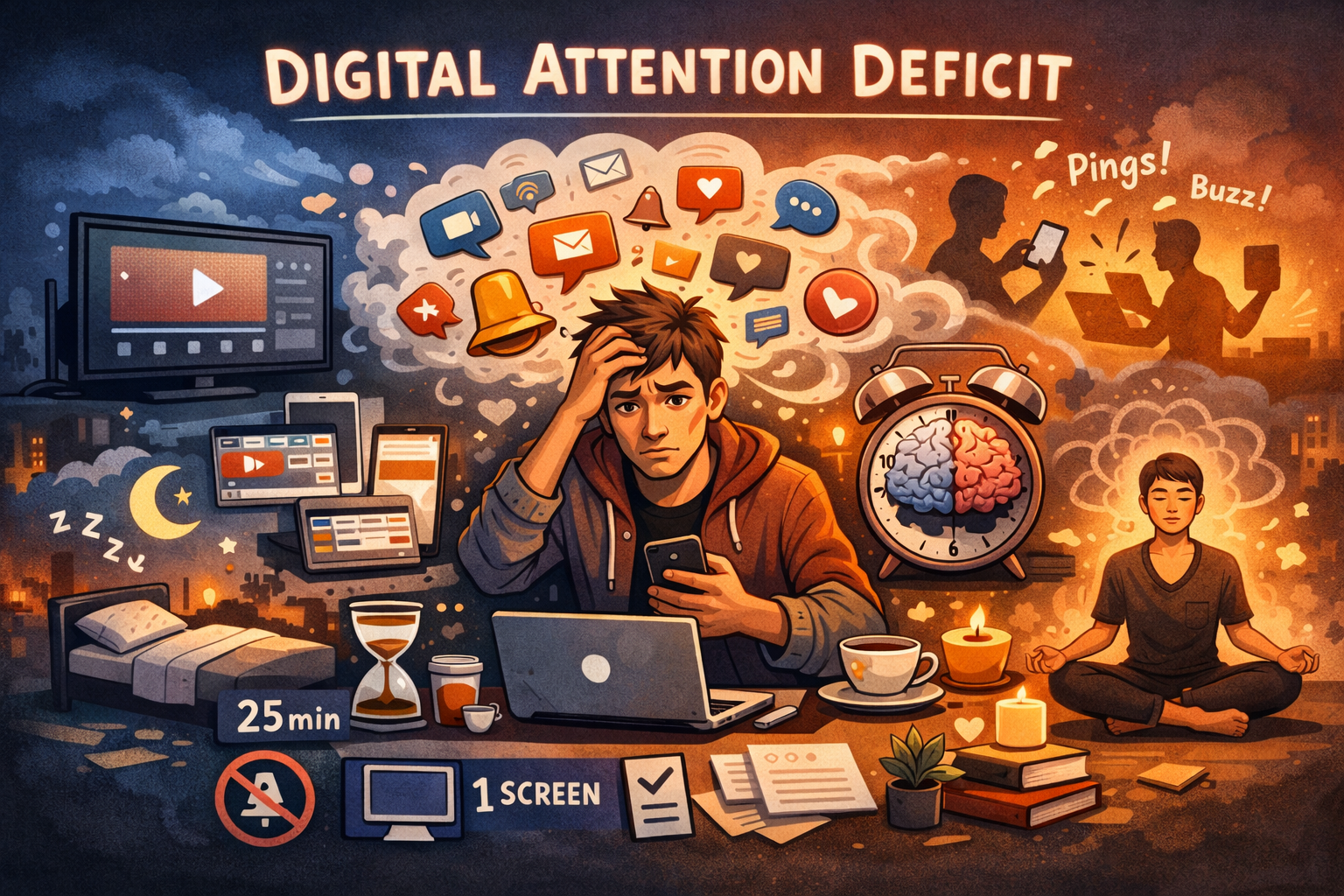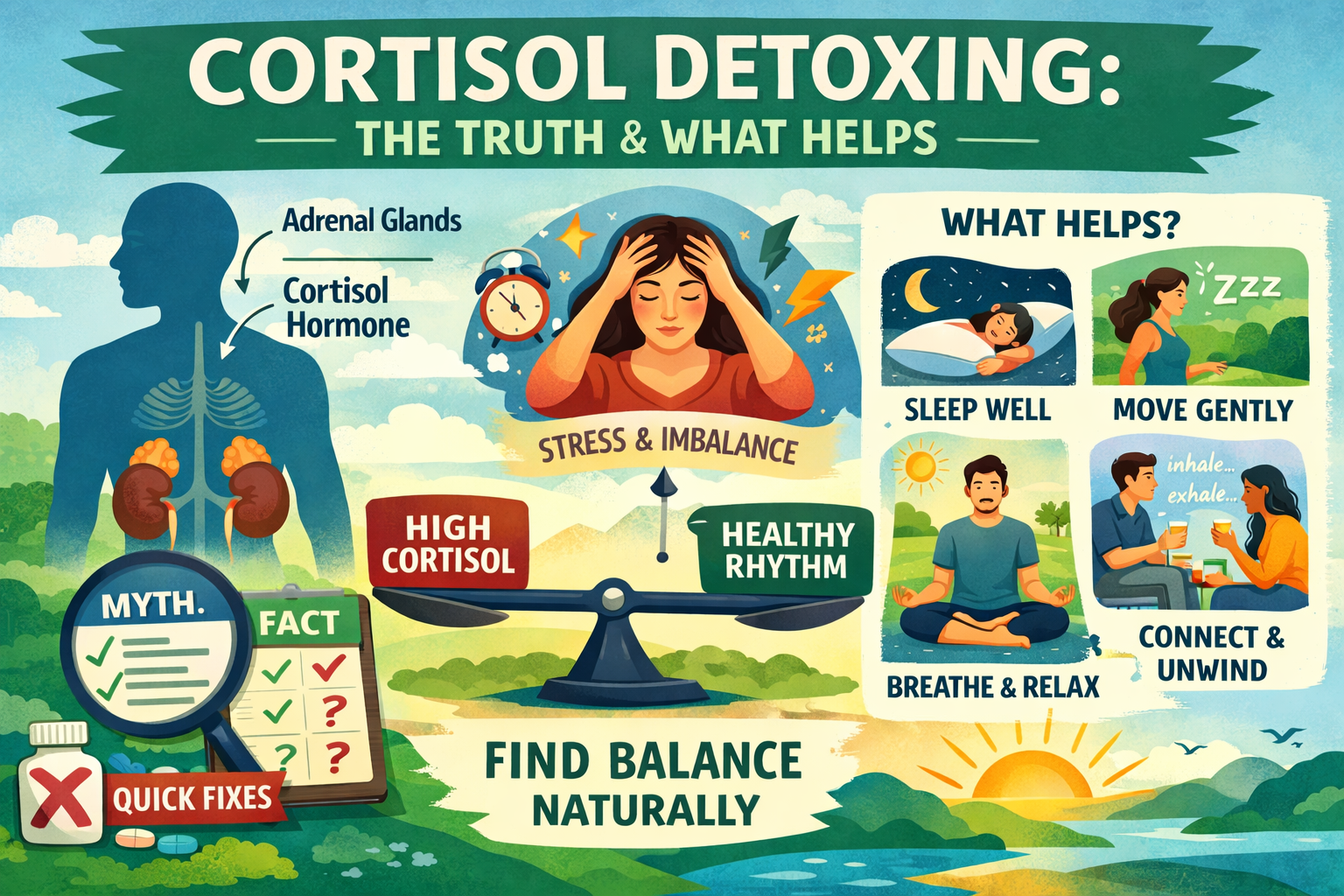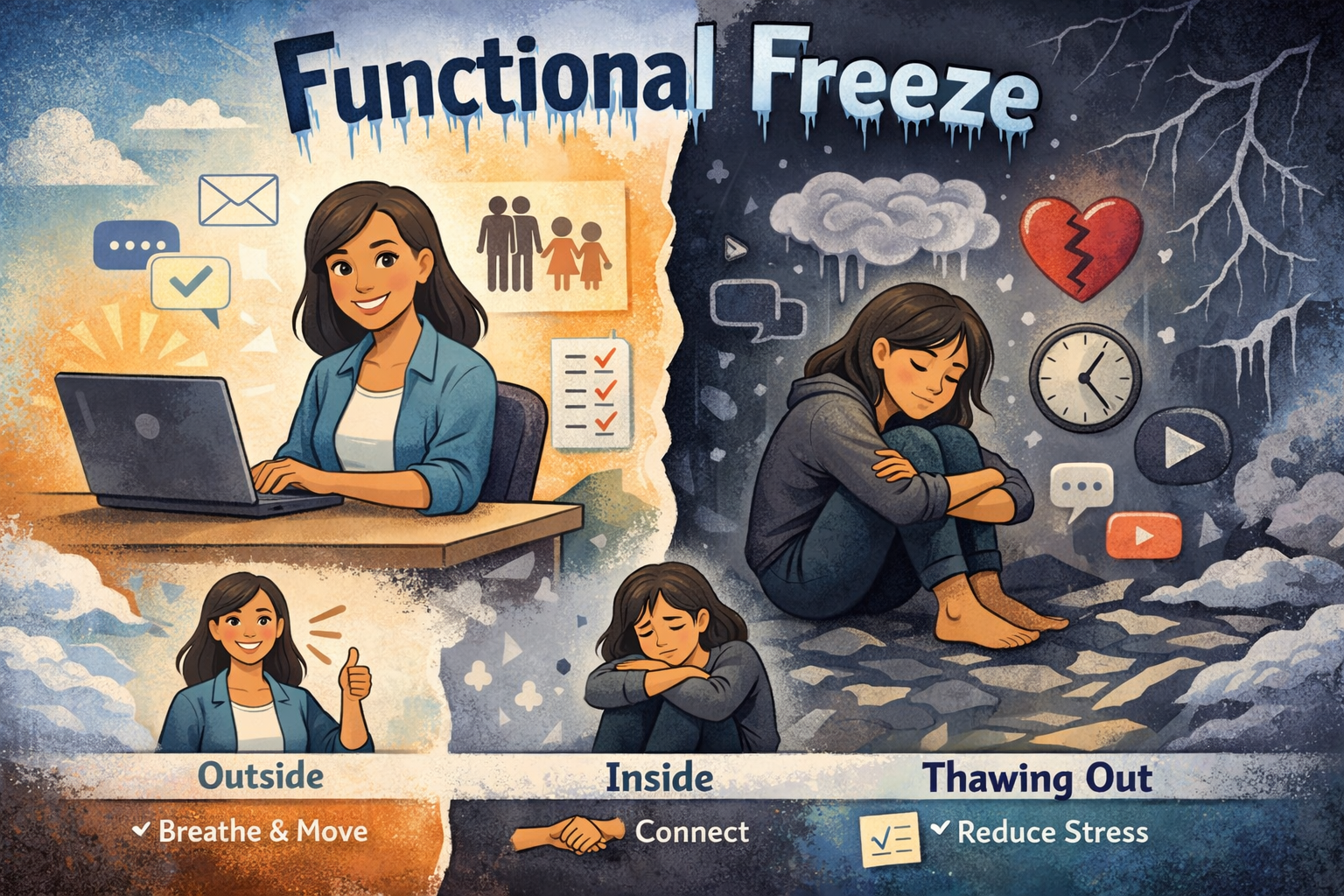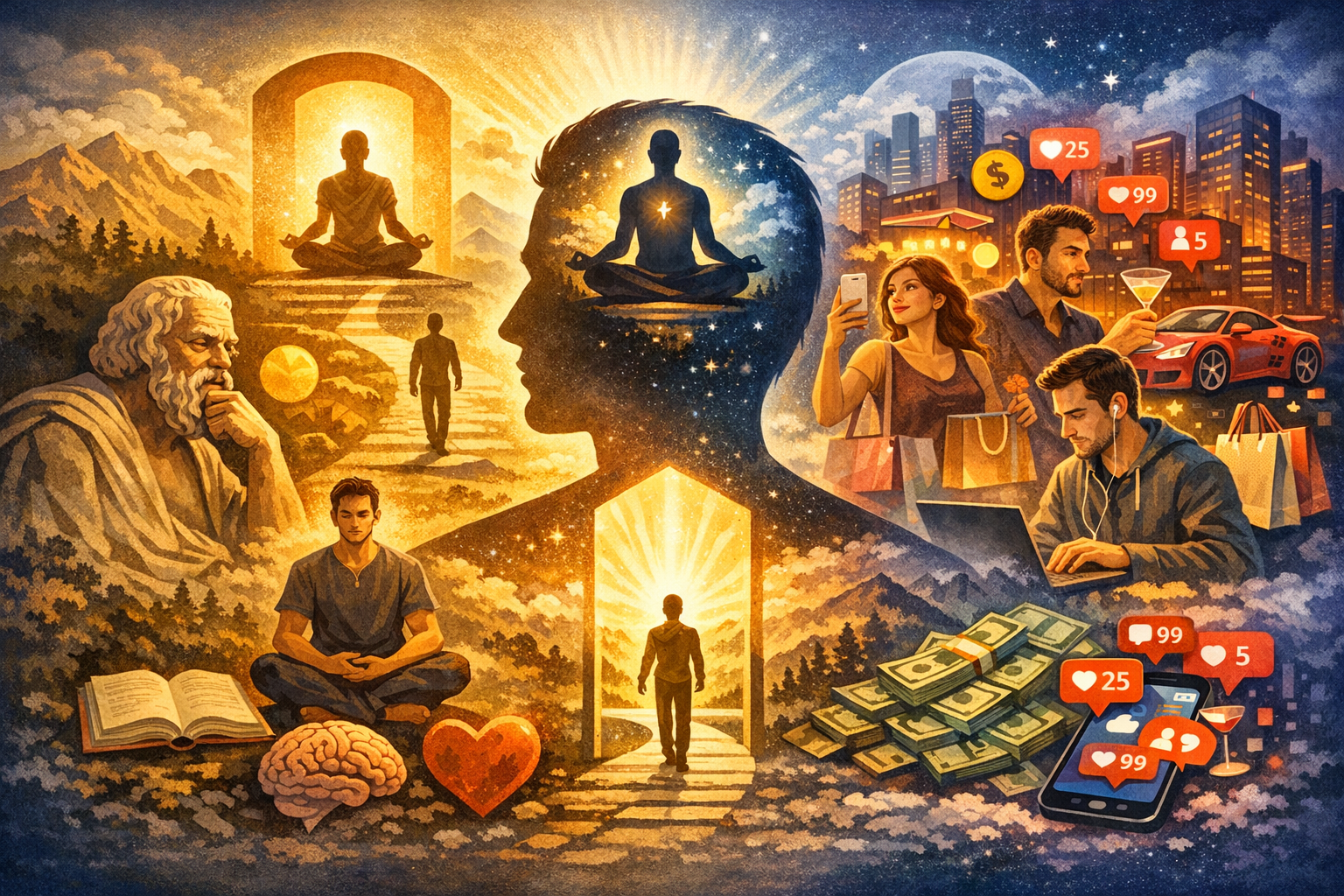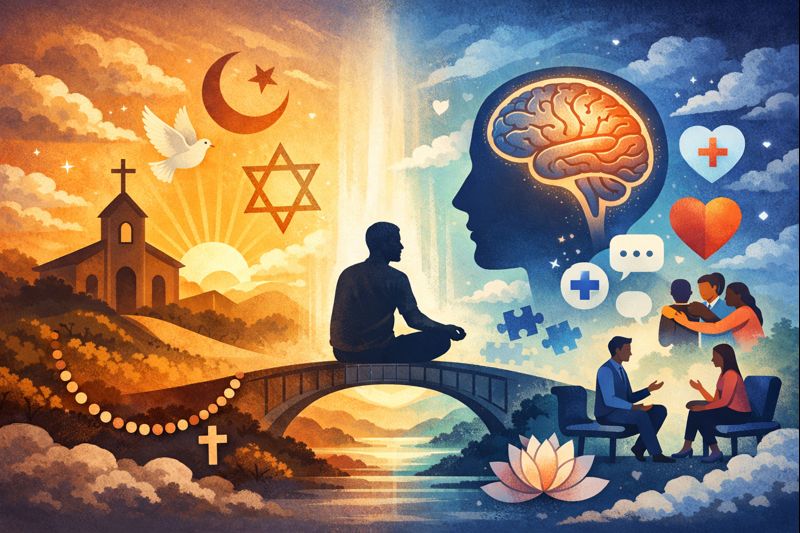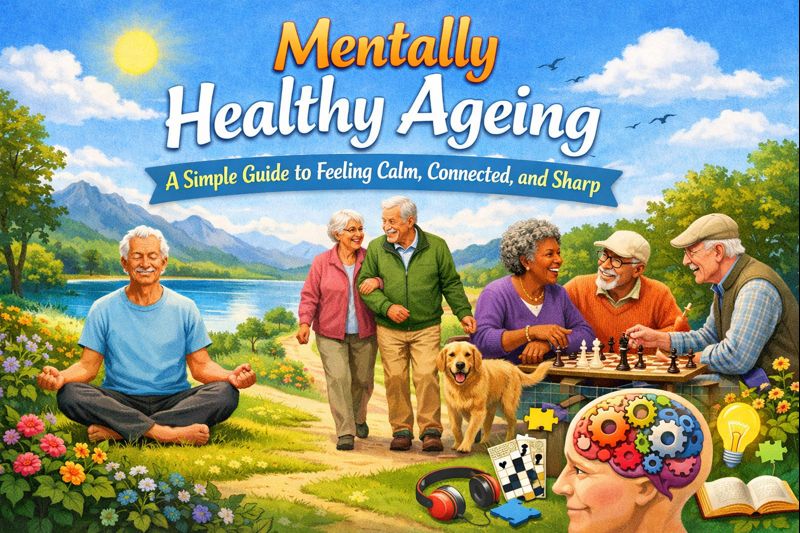Introduction: Why Does Our Brain Feel Tired?
Have you ever felt so mentally exhausted that even simple decisions, like what to eat for dinner or which email to reply to first, feel overwhelming? We do not feel like thinking on those moments of time. This is not laziness. It is called decision fatigue, and it is surprisingly common in today’s fast-paced world. Add brain fog—that cloudy, unfocused feeling—and suddenly even thinking feels like hard work.
A 2021 study in Nature Human Behaviour found that prolonged mental effort actually changes brain chemistry. This can lead to fatigue, poor decisions, and slower focus. So yes, thinking really can be tiring. But the good news? We can fight back. We can largely control our mind, and not get fatigued.
The Science of Mental Exhaustion
Our brains run on energy, just like muscles. Every choice we make, every problem we solve, consumes glucose and neurotransmitters. Psychologist Roy Baumeister’s research (2010) showed that when people make too many decisions in a day, their self-control and judgment decline.
This is why, in one study, judges were more likely to deny parole in the late afternoon than in the morning.
Brain fog works in a similar way. It is not a disease. In fact, it is a symptom. Stress, lack of sleep, poor diet, and constant digital stimulation all contribute to the fogginess that makes thinking harder. In present scenario, most of the people, especially students and other youngsters, are getting information overloaded by watching hours of social media and they are very likely to be affected by brain fog.
Decision Fatigue in Everyday Life
Think about your daily routine. From the moment we wake up, we are flooded with choices:
-
What to wear
-
Which messages to respond to first
-
What to eat for breakfast
-
Which task to prioritize at work
By afternoon, our brain feels like it’s running through quicksand. That is why Mark Zuckerberg and Steve Jobs famously wore the same outfits every day—reducing unnecessary choices to save mental energy for bigger decisions.
The Link Between Brain Fog and Lifestyle
Research shows our modern lifestyle fuels mental fatigue.
-
Sleep deprivation: A Harvard study found even one night of poor sleep reduces cognitive performance like alcohol intoxication.
-
Digital overload: Constant notifications fragment attention, causing what neuroscientists call attentional residue.
-
Poor nutrition: Diets high in sugar and processed food spike and crash brain energy, worsening fog.
When all of these combine, it is no wonder thinking feels like climbing a hill with weights on our back.
How to Battle Decision Fatigue and Brain Fog
1. Simplify Your Choices
-
Automate routines: Meal prep, capsule wardrobes, or preset work schedules reduce daily micro-decisions.
-
Prioritize mornings: Tackle important tasks early, when mental energy is highest.
2. Take Mental Breaks
A 2020 study in Cognition confirmed that short breaks restore decision-making ability. Even a 5-minute walk or breathing exercise can reset focus.
3. Fuel Your Brain Right
Eat more omega-3-rich foods, whole grains, and hydration. A study in Frontiers in Human Neuroscience found proper hydration alone improved cognitive performance by 14%.
4. Sleep and Rest
Seven to nine hours of good sleep is non-negotiable. Sleep clears toxic byproducts in the brain through the glymphatic system, reducing fog.
5. Mindfulness and Meditation
Mindfulness helps us filter distractions and recharge mental stamina. Research from Johns Hopkins University shows even 10 minutes of daily meditation lowers anxiety and boosts focus.
Is Thinking Always Hard? Or Are We Overthinking?
The irony is that our brain is designed for thinking, but not endless trivial decisions. Real thinking, the kind that brings insight and creativity, can feel refreshing. It is the constant stream of unnecessary choices, multitasking, and digital noise that makes us feel drained.
When we declutter our minds, thinking does not feel hard anymore. It becomes natural, even joyful.
Conclusion: Reclaiming Mental Energy
So, is thinking really hard? Sometimes, yes. Especially when we are trapped in negative loop of thoughts, decision fatigue or may experiencing brain fog. But with a few changes—simplifying routines, resting well, fueling our body, and practicing mindfulness—we can protect our brainpower.
Remember: Mental clarity is not about eliminating thinking, it is about freeing the brain to think about what truly matters.
As Albert Einstein once said: “Out of clutter, find simplicity. From discord, find harmony. In the middle of difficulty lies opportunity.”
Are you looking for inner peace, deep relaxation or holistic solutions for mental health? Visit http://themindtherapy.in - your space for online counselling/therapy, free mental health tests, meditation, sound therapy etc.
Mind Therapy is India's trusted platform for mental health, mindfulness, and holistic healing. Explore expert-led programs, guided meditation, sound therapy and counselling at http://themindtherapy.in



